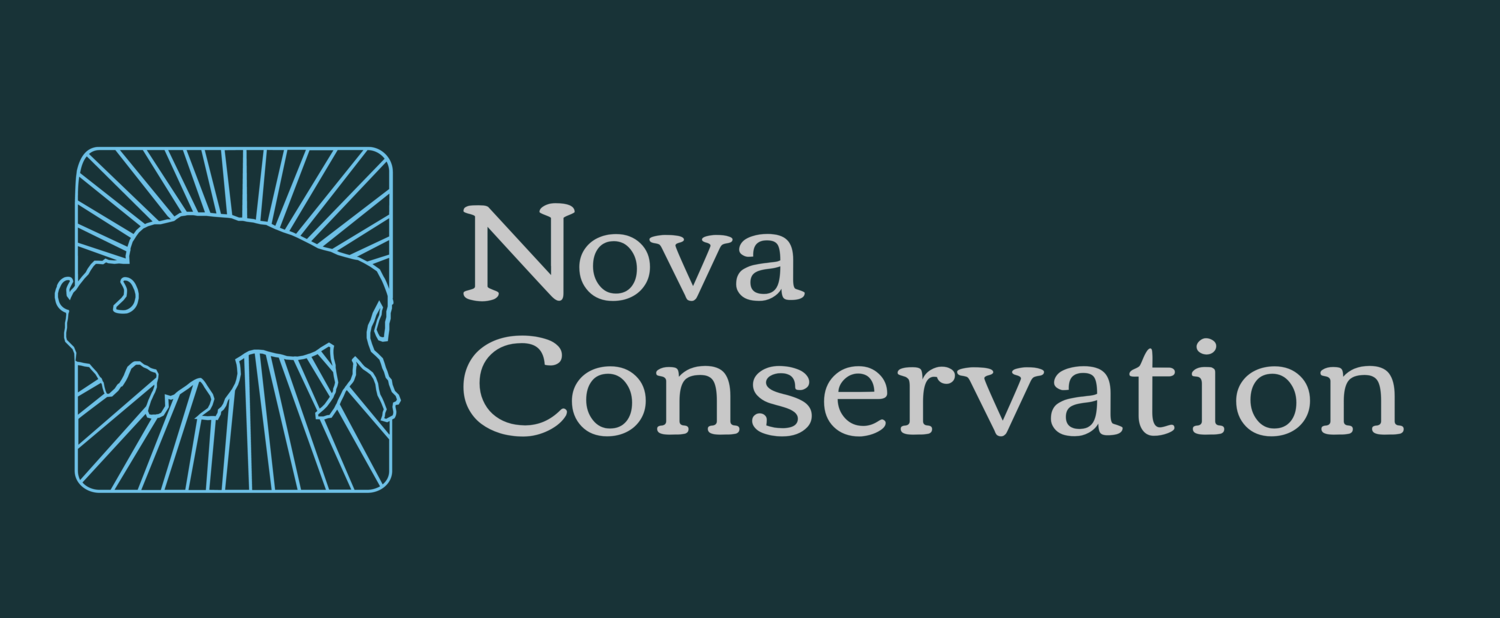Final Thoughts: What I’ve Learned
On April 6, I attempted to have a conversation to discuss the exploitation of labor in the world of conservation. I invited a number of voices to the table to have this conversation and, needless to say, things did not go as I intended. Since the panel, I have had a number of emails, conversations and follow up discussions with several of the people involved, members of my team and advisors that I trust in helping me build my organization. Rather than rehash all that was said or address anyone by name, this is what I have learned.
Panel facilitation is not always easy and all members of the panel did not feel comfortable speaking. This is a skill that I am working to improve as I move forward in making additional connections and having these important, nuanced conversations.
While we all understand that conservation is a global issue, we don’t always recognize how culture and language differences impact the context of the conversation. During the call, the terms “slave labor” and “lynching” were used in hyperbole, and that type of comparison makes it seem like our modern-day struggles are comparable to the history of the American slave trade and subsequent Jim Crow era treatment of African Americans. This is a problem. And while these terms were not used in a racially biased context during the call, there is still a racial undercurrent in these terms that buzzes through our culture, specifically with U.S. history, and it needs to be addressed. These are common vernacular phrases that should be phased out, but we need grace and patience with our friends to do so. I reached out to a black entrepreneur and facilitator friend of mine for her take on the entire situation, and I received permission to quote her below:
“I agree that everyone has something to learn in this but there has to be care in calling people racist for not having yet abandoned common terminology that is still very much prevalent in society. That takes time and it’s worth discussing but not in a manner that makes people walk away from the table and not be willing to continue the conversation. Hyperbole does not equal racism.”
While I agree that it would have been nice to have some People of Color on the call, if discussing the problem requires POCs to be in the room, many of these conversations will never happen. I work in a field that is dominated by white men. I am often the only POC and sometimes the only woman in the room. The work of making improvements has to happen whether we are in the room or not. I find it worse to wait for one token POC to be in the room before having the conversation than to have the conversation in their absence. We will never be in the room if the people already in the room didn’t talk about it and get comfortable with making the invitations. Work doesn’t halt just because they couldn’t be there. That’s exactly why so many POC say they are tired of having to educate white people. We are not always needed for the conversations to happen and change to be initiated.”
This is, however, not an excuse for the underrepresented panel. We value inclusivity and will do better.
Difficult conversations are labeled difficult for a reason. Social media doesn’t always allow for those difficult conversations to happen without immediate backlash and missteps. And the immediacy of it all caused me to react and apologize and react again before I had taken the time to really absorb the lessons in this. I may need some more time to learn how to host panels, but I would like to continue to have these discussions in order to find tangible solutions to end exploitation in this industry.
This is the mission of Nova Conservation: to make the conservation sector more accessible for all. I hope you will continue with us on this journey to hear all viewpoints as we strive to make this world better.

